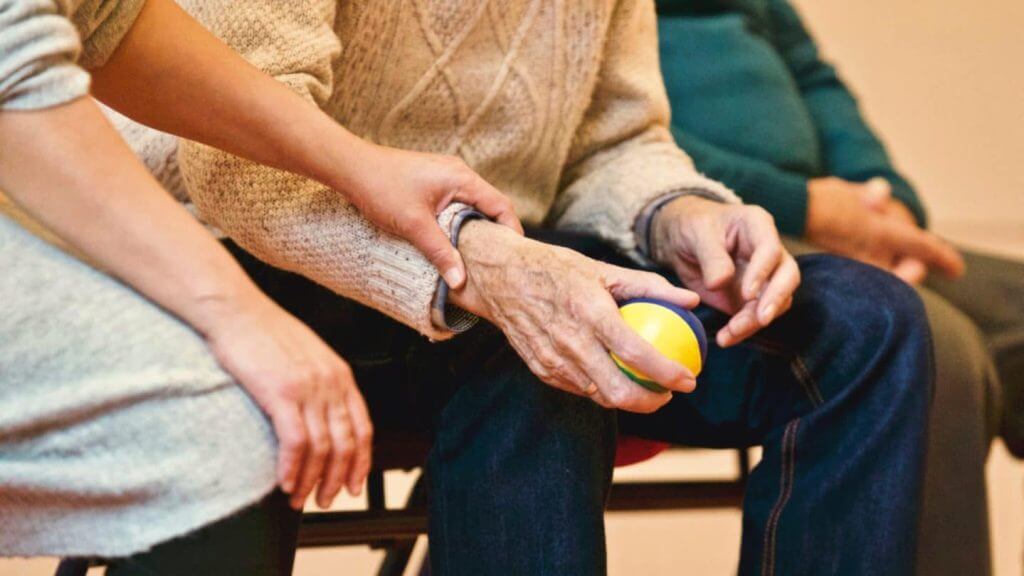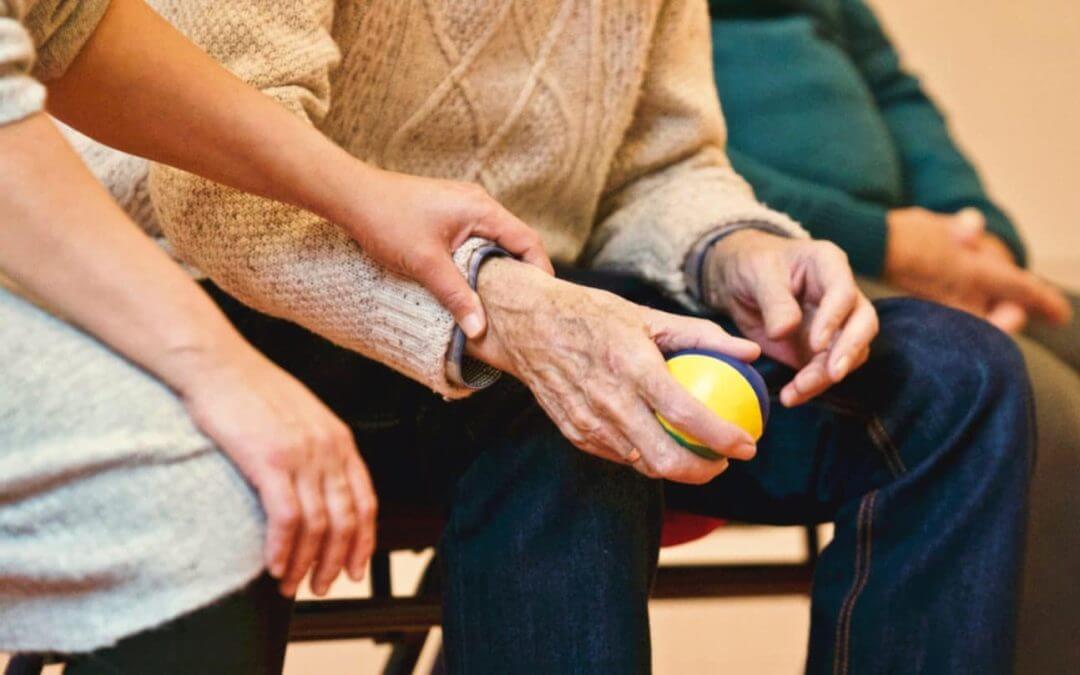The Danger of Heatwaves
The high temperatures summer heat can reach can be dangerous for everyone, especially the elderly. A heatwave is a prolonged period of abnormally hot weather & can be particularly dangerous for those residing in care homes. This can be seen by the 2003 European heatwave which caused 2,000 deaths in South East England, a large number being care home occupants.

Minimising Risk
To ensure maximum safety for care home residents please find below a list of tips for you to keep in mind:
Resident Welfare
- Identify & monitor the residents most susceptible to risk. It is important to check the body temperature, blood pressure, hydration levels & pulse rate of these residents regularly.
- Ensure that residents are wearing light & loose fitting clothing.
- Restrict the amount of physical activity residents carry out & keep them inside during the hottest part of the day (11am-3pm).
- Check residents for any type of tiredness, weakness & headaches.
Facilities
- Make sure that cold drinks are distributed regularly to prevent dehydration amongst residents.
- Ensure that water & ice are readily available. Residents on diuretics should be supplied with bananas, orange juice or oral re-hydration salts to maintain their electrolyte balance.
Building & Environment
- If it is possible, make sure that windows in the care home are shaded by curtains with pale, reflective linings.
- Increase shading on the exterior of the building. This can be carried out through placing shutters on windows or increasing the foliage surrounding the building.
- Staff should be made aware of the rooms which are easiest to cool & rooms which are most difficult.
- Maintain a cool environment. Groups which are high-risk are physiologically unable to cool themselves when temperatures surpass 26°C. Therefore, it is incredibly important to make sure a cool environment is maintained which can be carried out through positioning portable air conditioning in rooms which need to be made particularly cool.
- Indoor thermometers should be installed in rooms where residents spend prolonged periods of time such as in bedrooms and living areas.
- Make use of the cooler night temperatures to keep the building cool with ventilation.
Find Out More
To find more information about how to prepare for heatwaves in care homes visit this link for advice from the NHS.

